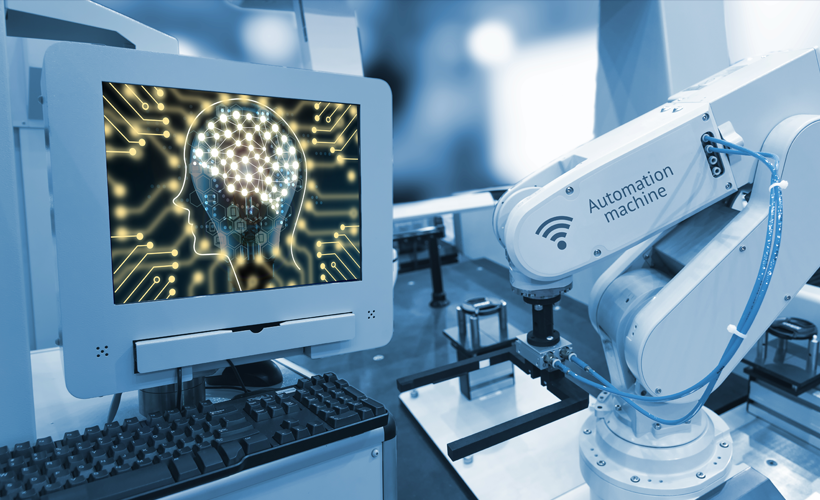
Seoul, South Korea – A new report from the Korea Employment Information Service has revealed that South Korea could see a 14% decrease in jobs over the next decade due to the widespread adoption of automation and artificial intelligence (AI).
The report, titled "Digital-Based Technological Innovation and Changes in Labor Demand Structure," is based on a survey of 1,700 businesses across 20 industries and 300 experts conducted between October and December 2023. The study aimed to assess the impact of digital transformation on South Korea's industrial and employment landscape.
AI emerged as the most significant digital technology driving these changes, with 18.3% of respondents reporting that they have already adopted AI in their operations. Respondents predicted that successful digital transformation would lead to an 8.5% reduction in employment within five years and a 13.9% decrease over the next decade. Industries such as food and accommodation (14.7% reduction by 2028) and transportation and logistics (21.9% reduction by 2035) are expected to be hit the hardest.
The report also found that while AI and automation are likely to replace jobs in manual labor and routine tasks, they may complement roles that require higher levels of cognitive skills, such as research and engineering.
A Delphi study involving 887 experts across 110 occupations indicated that jobs requiring high levels of expertise and face-to-face interaction, such as professionals and service workers, are less likely to be automated. In contrast, occupations such as clerical workers, salespersons, and assembly line workers are at a higher risk of automation.
The report emphasized the need for proactive measures to mitigate the negative impacts of digital transformation on employment. These measures include providing job retraining and upskilling programs, as well as supporting displaced workers.
"As South Korea undergoes rapid digital transformation, it is crucial to prepare the workforce for the changing job market," said [Name], a researcher at the Korea Employment Information Service. "By investing in education and training, we can help workers acquire the skills needed to succeed in the digital economy."
[Copyright (c) Global Economic Times. All Rights Reserved.]






























